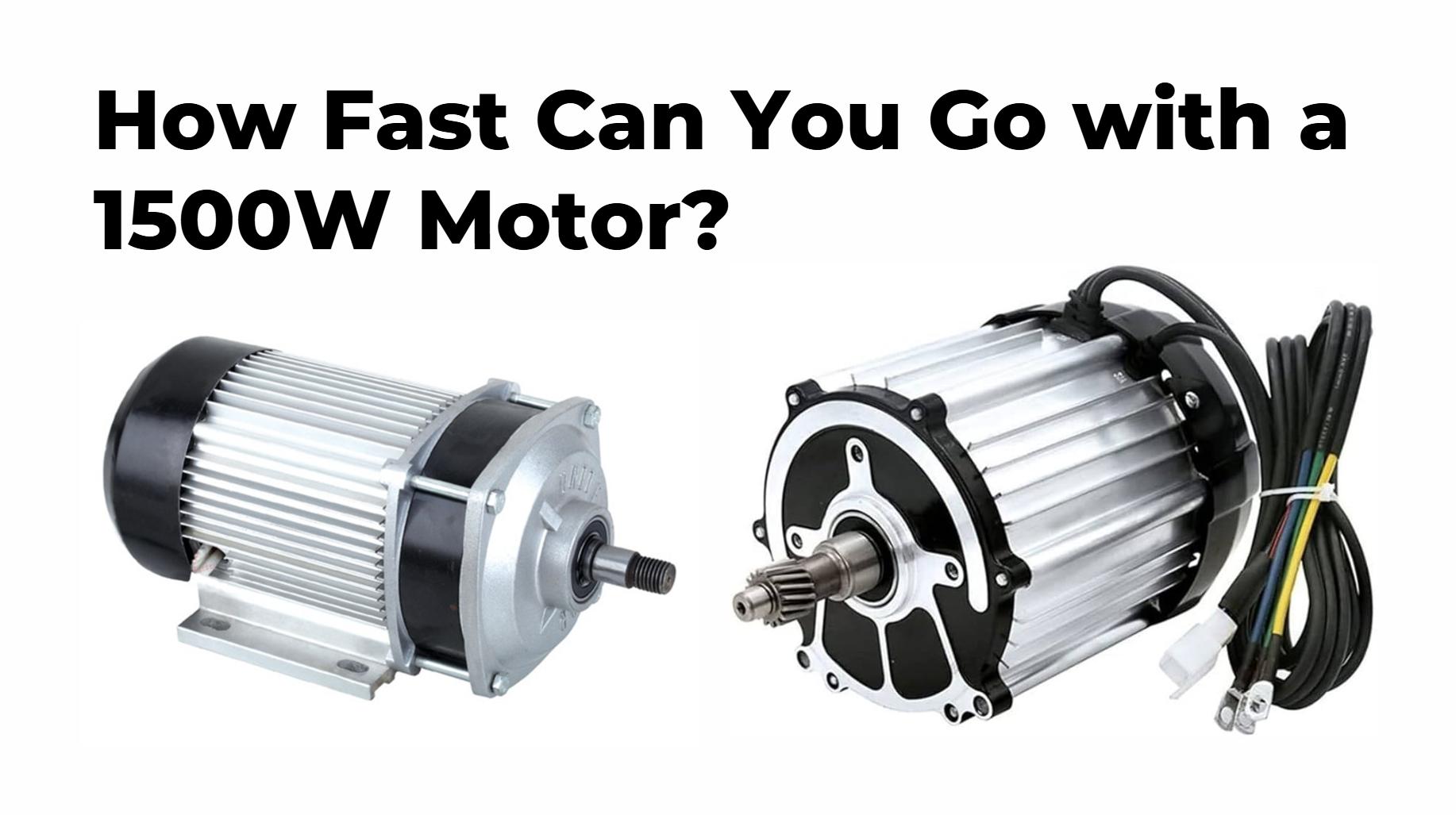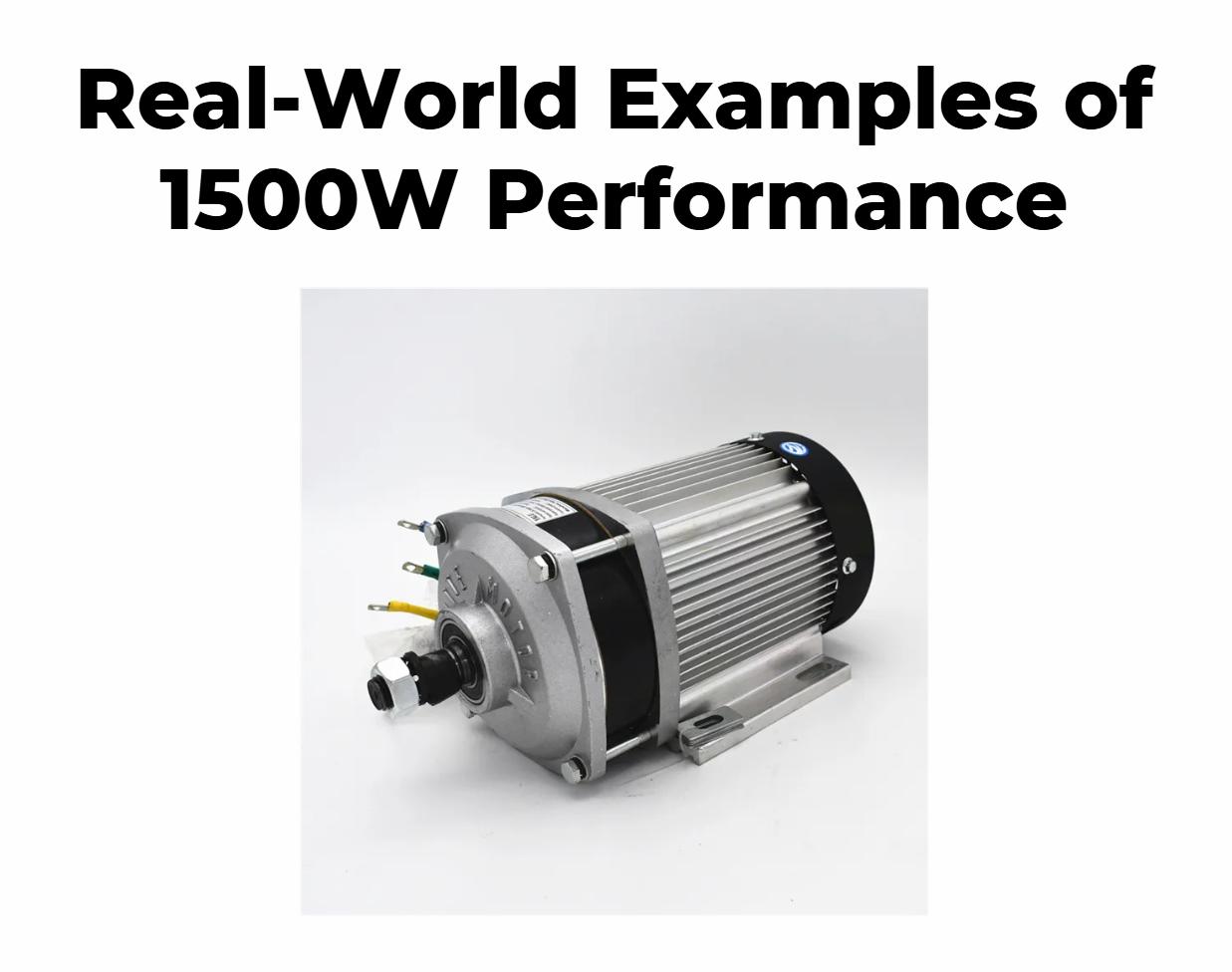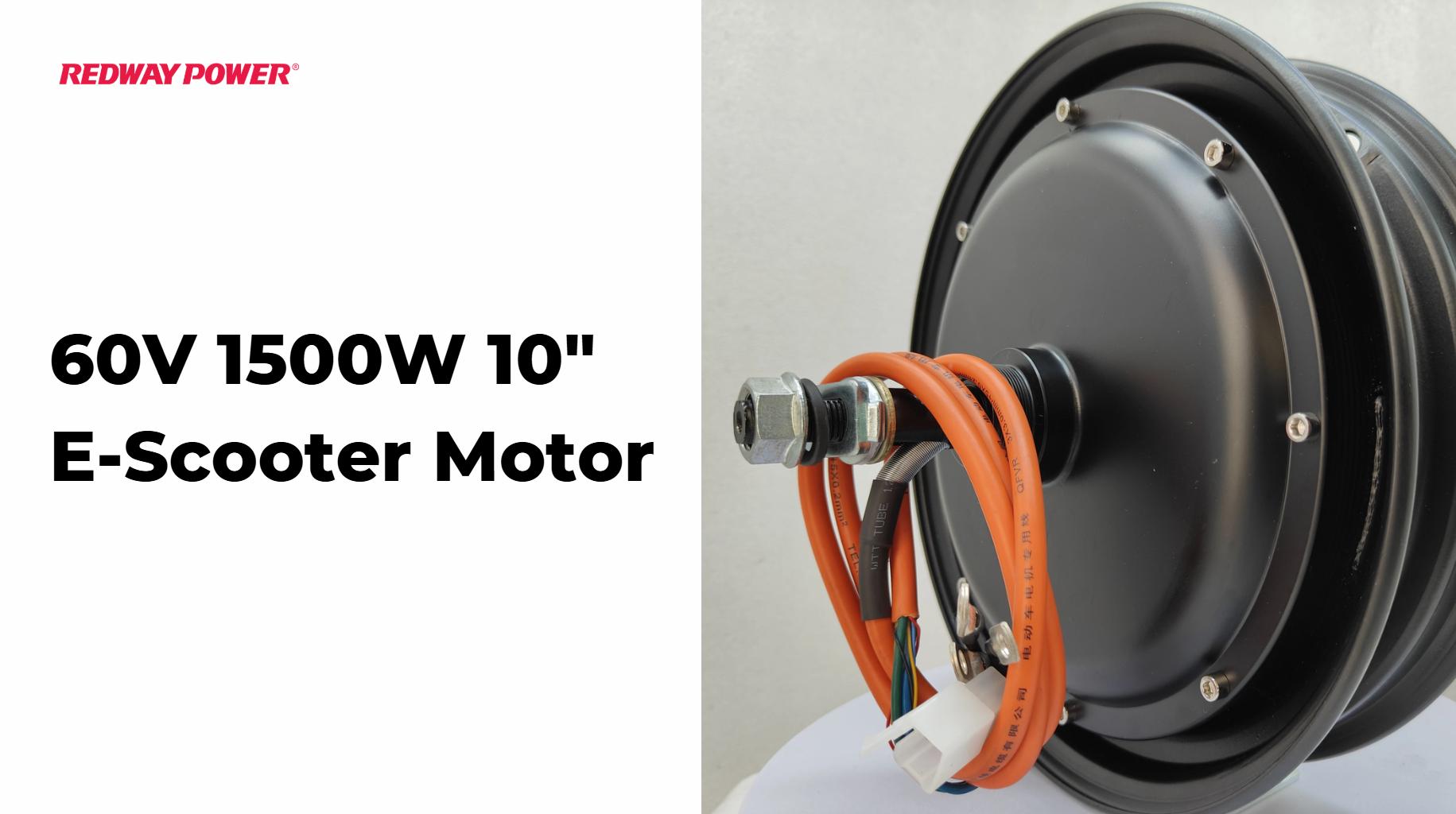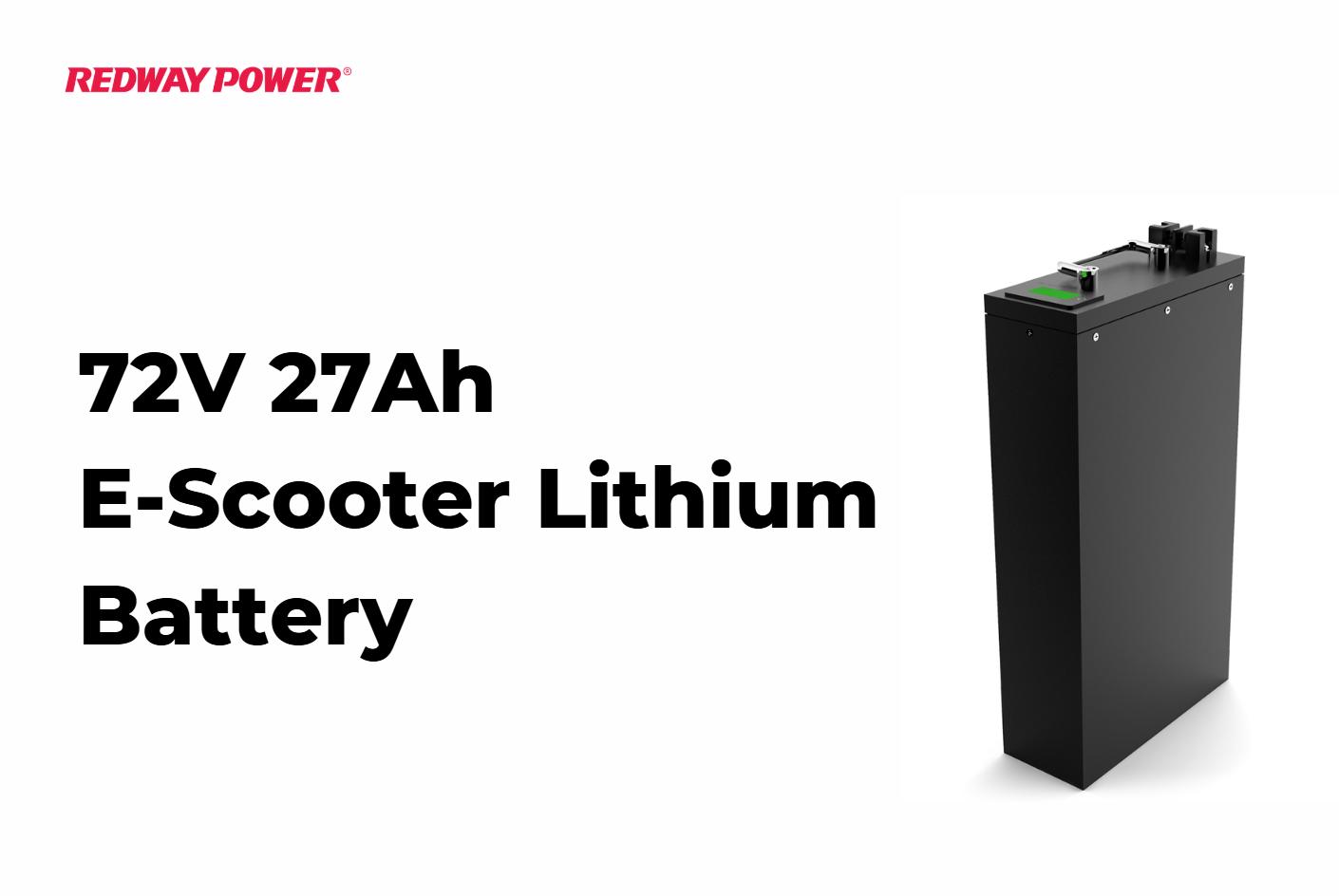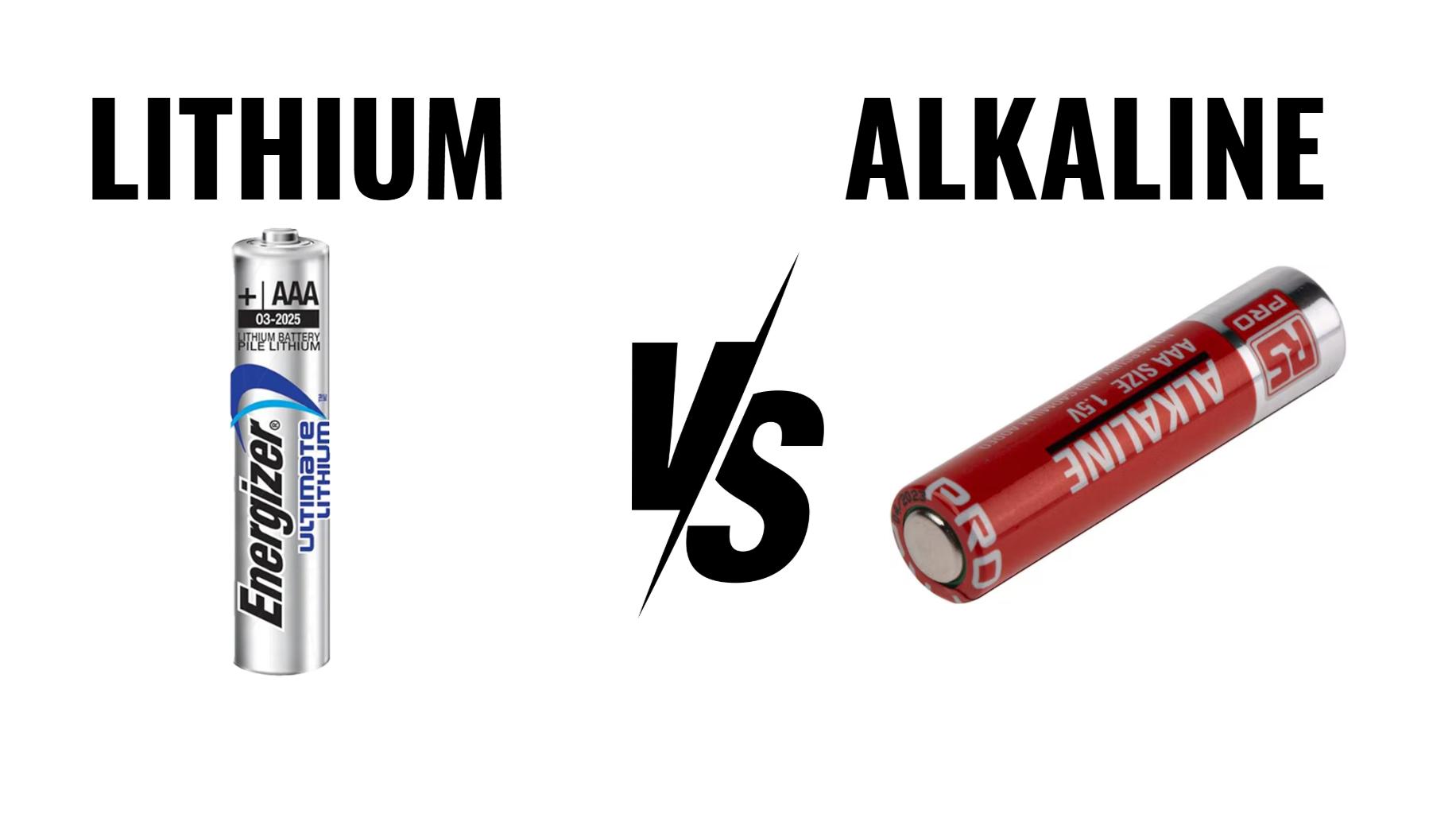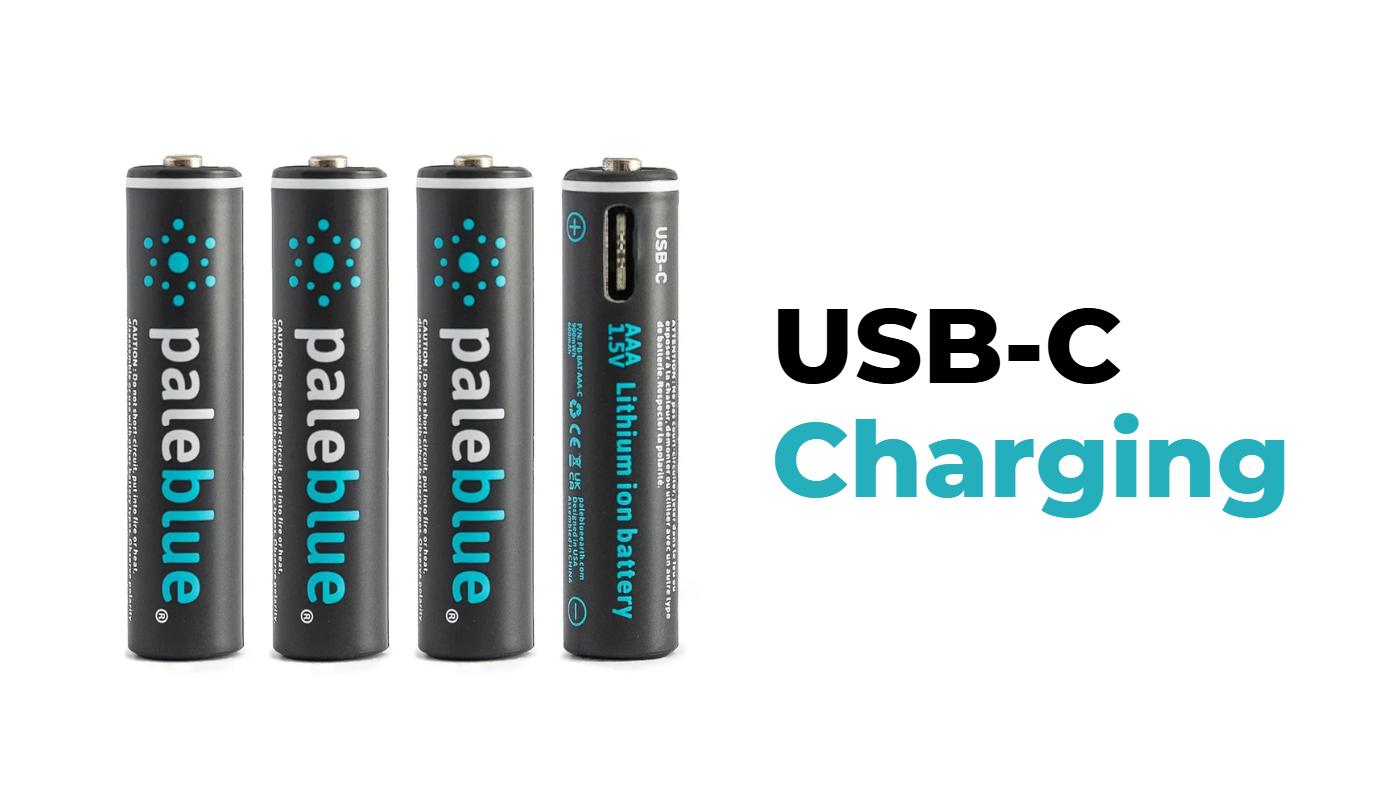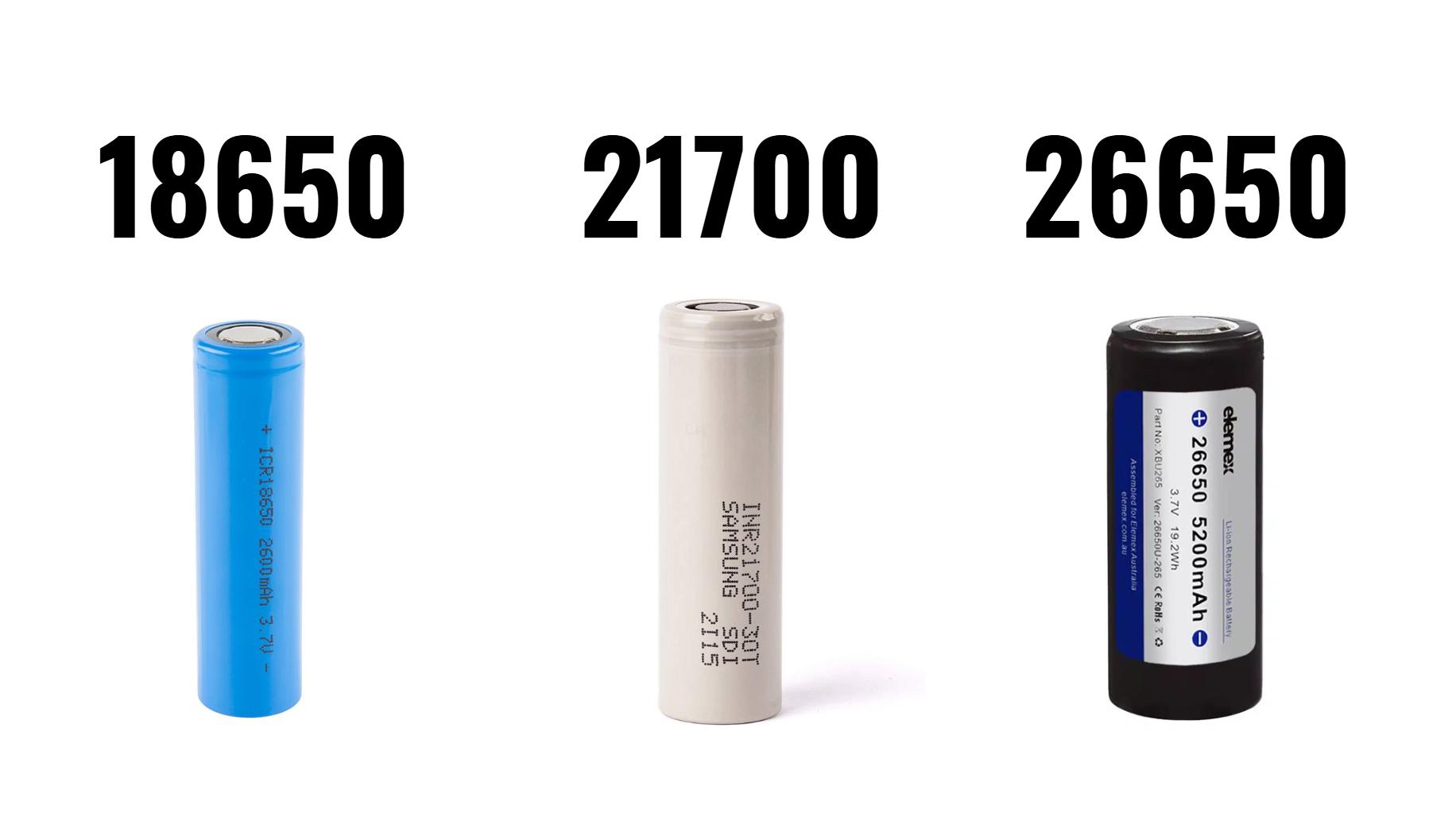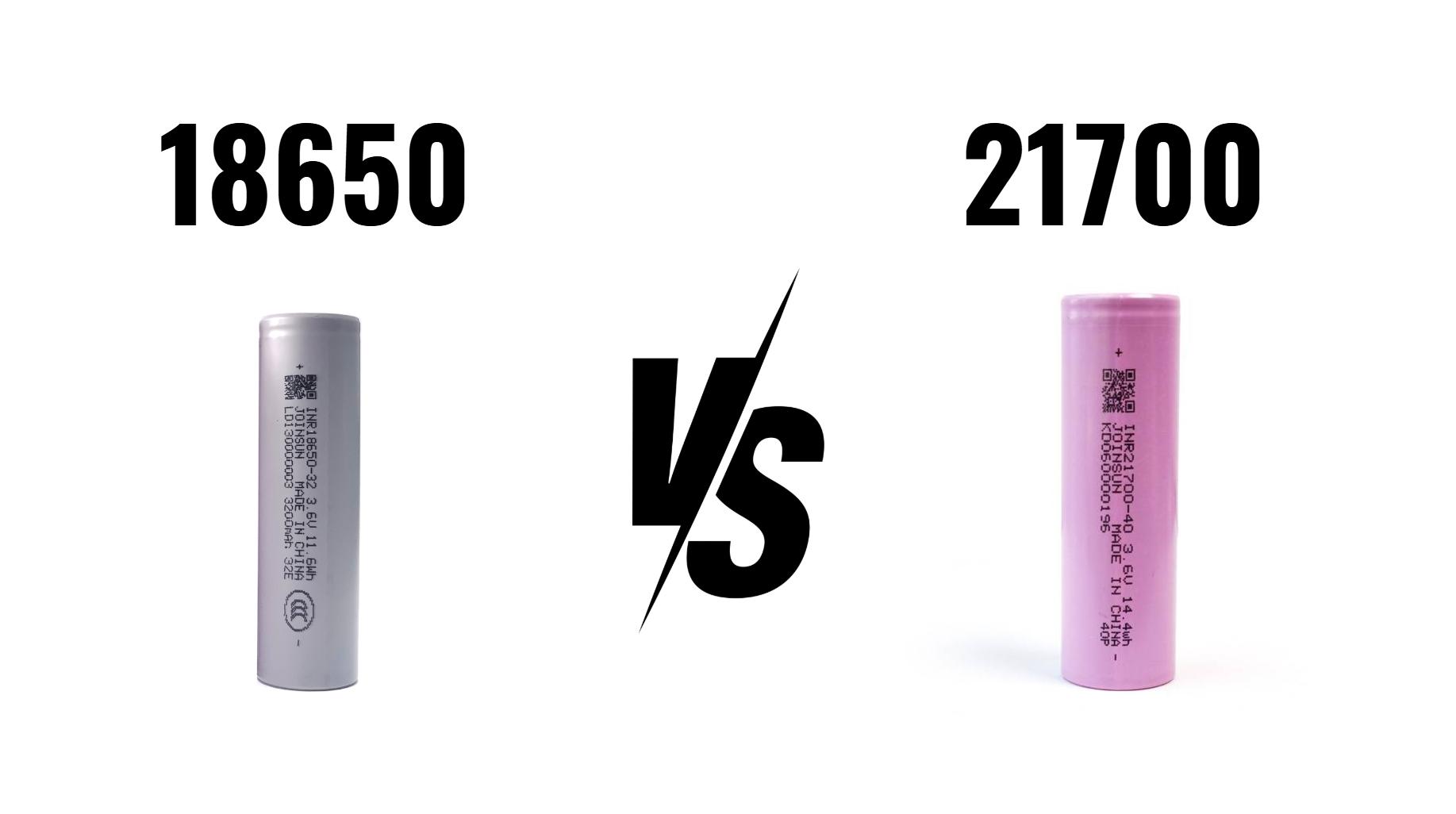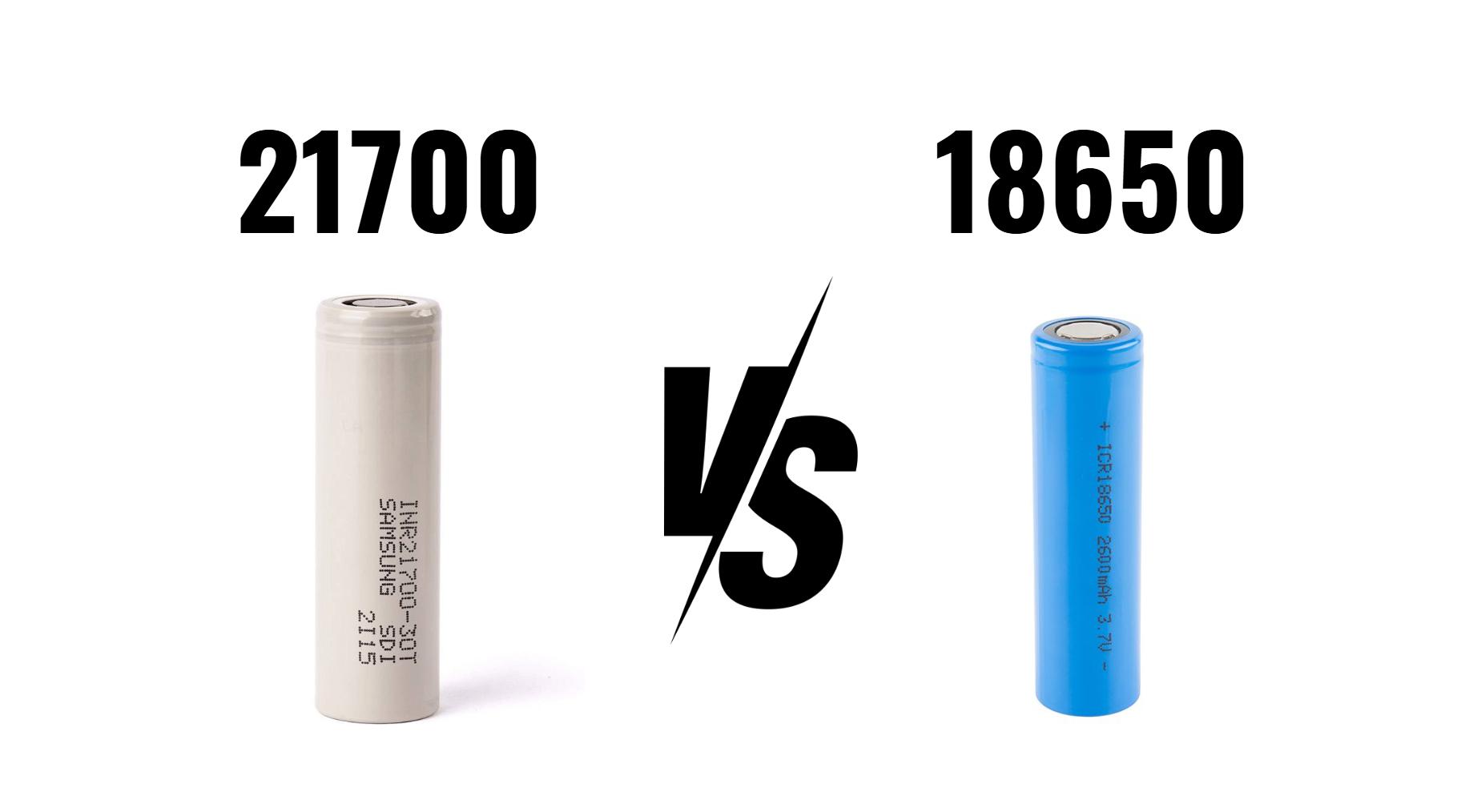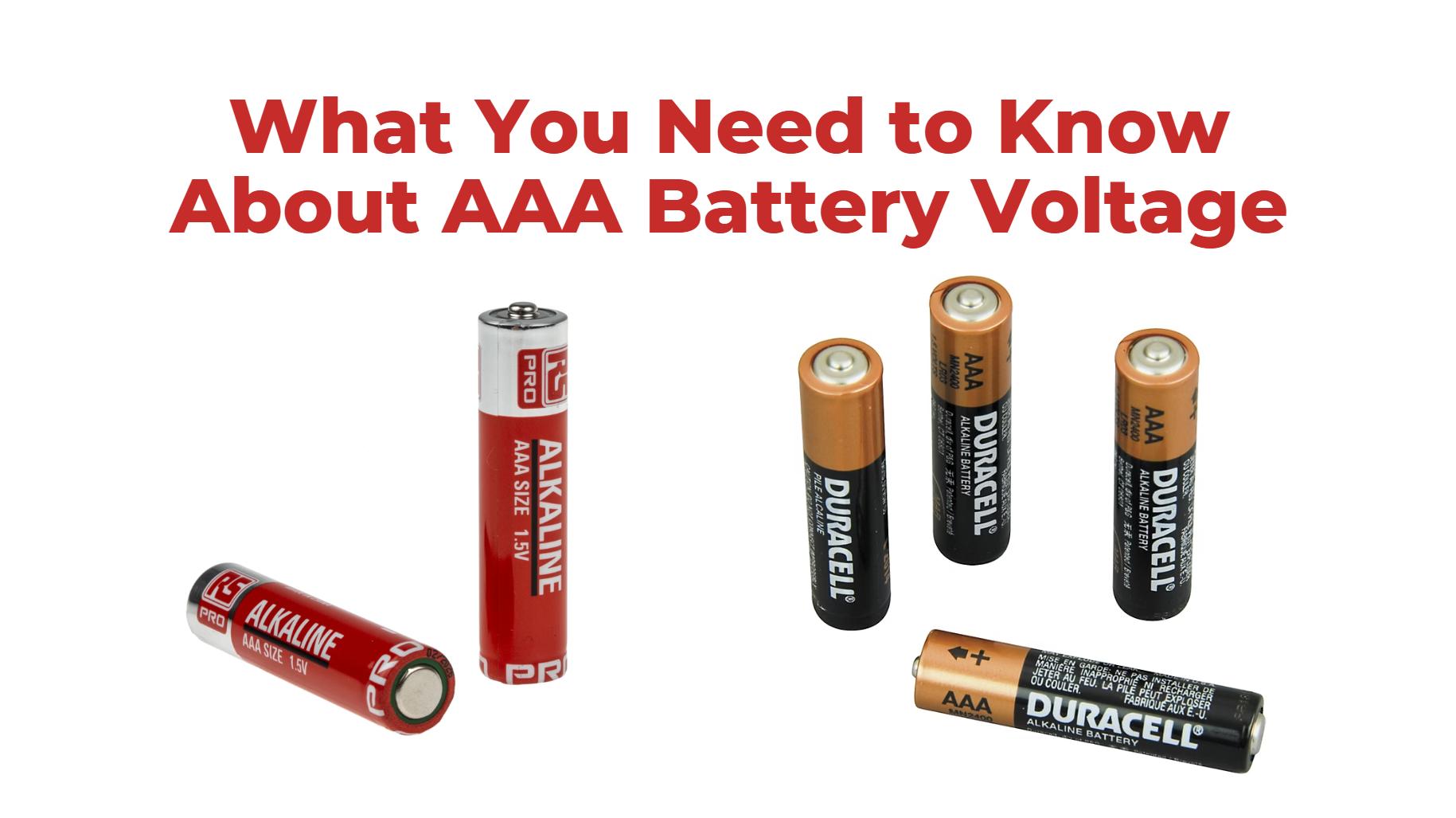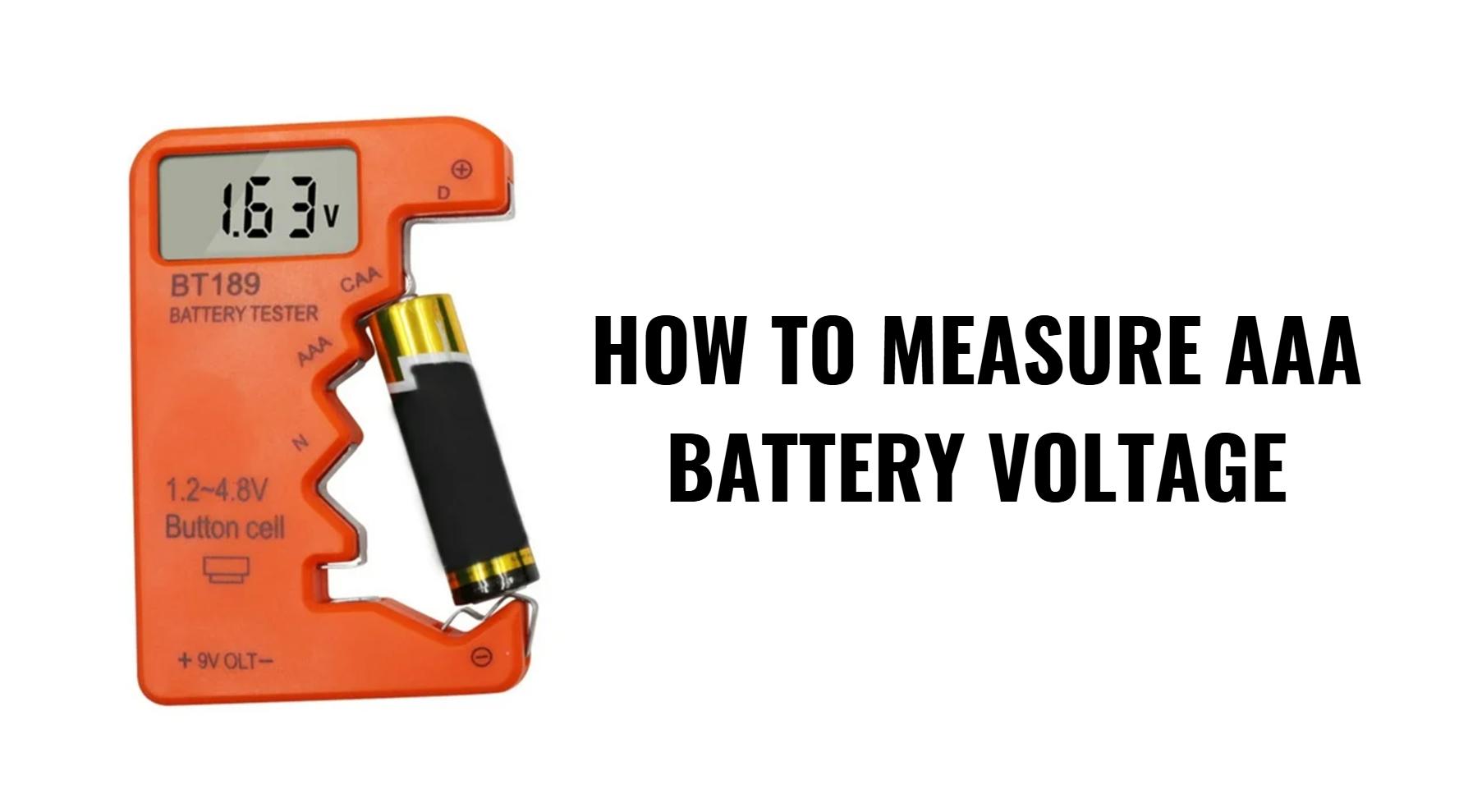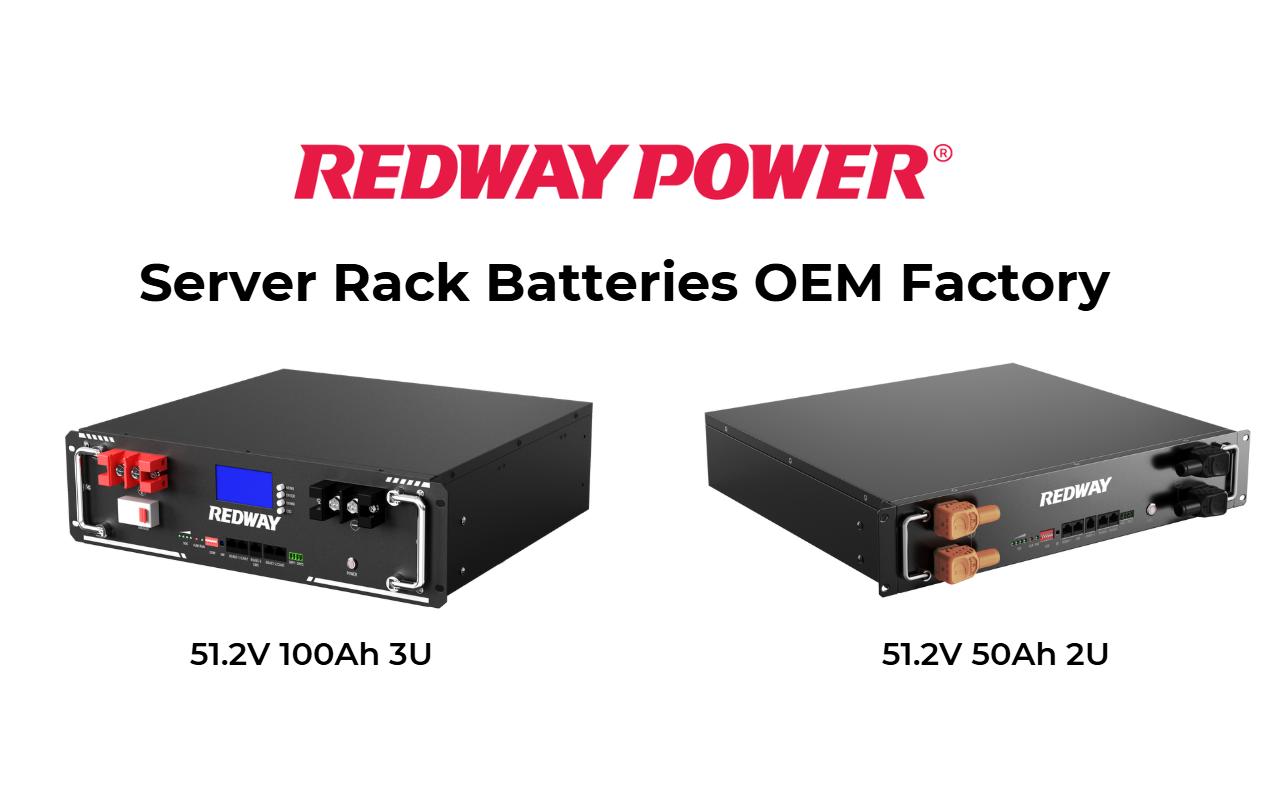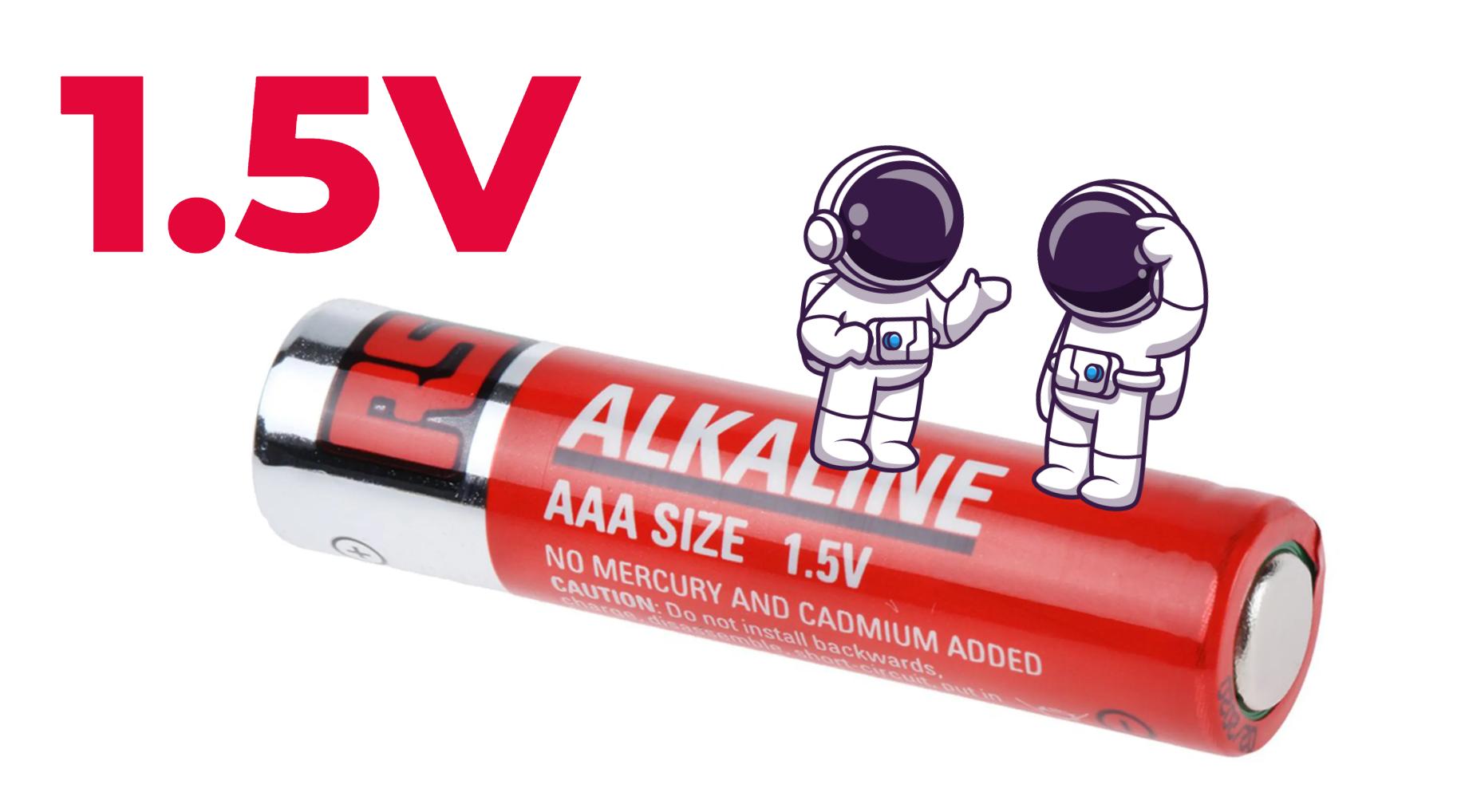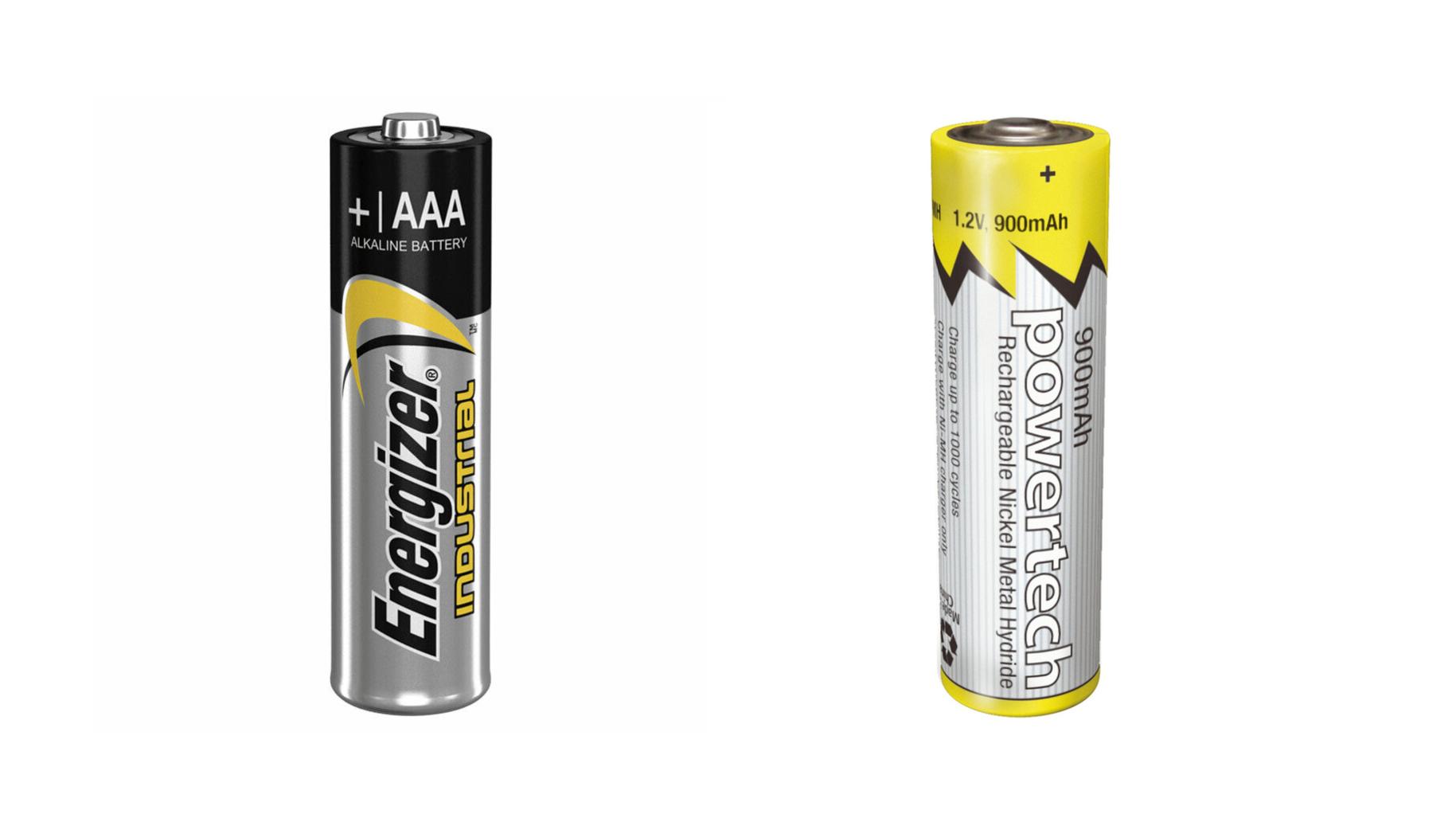How Fast Can You Go with a 1500W Motor? Understanding the Relationship Between Power and Speed
Understanding how a 1500W motor affects speed is essential for anyone interested in electric bikes or vehicles. Generally, a 1500W motor can propel an e-bike to speeds of approximately 28 to 35 mph under optimal conditions, depending on various factors such as weight, terrain, and rider input.
Understanding the Relationship Between Wattage and Speed
Basic Principles of Power and Speed
The power output of a motor, measured in watts, directly influences the speed at which a vehicle can travel. Higher wattage typically translates to higher speeds, but several factors must be considered:
| Factor | Impact on Speed |
|---|---|
| Motor Wattage | Higher wattage generally increases speed |
| Rider Weight | Heavier riders require more power |
| Terrain | Flat surfaces allow for higher speeds |
Average Speeds for Different Motor Powers
When comparing different motor powers, it’s clear that wattage plays a significant role in speed capabilities:
| Motor Power | Average Top Speed (mph) |
|---|---|
| 250W | Up to 15 mph |
| 500W | Up to 20 mph |
| 750W | Up to 25 mph |
| 1500W | 28 to 35 mph |
| 2000W | Over 40 mph |
This table illustrates how a 1500W motor can provide substantial speed advantages over lower wattage motors.
How to Calculate Speed from Wattage
To estimate the speed achievable with a given wattage, you can use the following formula:
Where the constant is typically around 0.1 for e-bikes on flat terrain. For example, if you have a total weight of 200 lbs (rider plus bike) with a 1500W motor:
However, this theoretical maximum does not account for real-world factors like wind resistance, friction, and efficiency losses.
Factors Influencing Speed on Different Terrains
Weight and Rider Input
The combined weight of the rider and bike significantly impacts speed. Heavier setups require more power to achieve the same speed as lighter ones.
Terrain Type (Flat vs. Incline)
Flat terrains allow for maximum speed potential, while inclines require additional power to maintain speed:
| Terrain Type | Effect on Speed |
|---|---|
| Flat | Maximum achievable speed |
| Uphill | Reduced speed due to gravity |
| Downhill | Increased speed due to gravity assist |
Weather Conditions
Wind resistance can also affect performance; riding against strong winds will decrease speed, while tailwinds can assist in achieving higher speeds.
Real-World Examples of 1500W Performance
In practical applications, e-bikes equipped with 1500W motors have been reported to reach speeds between 28 mph and 35 mph, depending on conditions:
- Flat Terrain: Riders often achieve speeds closer to the upper limit.
- Hilly Terrain: Speeds may drop significantly when climbing steep hills.
- Urban Riding: Stop-and-go traffic can affect average speed but still allows for quick acceleration.
Latest News in Electric Bike Technology
Recent advancements in electric bike technology focus on improving battery efficiency and motor performance. Innovations such as smart controllers are being developed to optimize power delivery based on terrain and rider input, enhancing overall riding experience and safety.
Redway Expert Comment
“A 1500W motor offers an excellent balance between power and usability for most e-bike enthusiasts. Understanding how various factors affect performance is crucial for maximizing your riding experience.” – E-Bike Technology Specialist
Frequently Asked Questions (FAQs)
How fast can a 1500W motor go?
A typical e-bike with a 1500W motor can reach speeds between 28 mph and 35 mph, depending on various factors like rider weight and terrain.
What factors affect the speed of an e-bike?
Key factors include motor wattage, rider weight, terrain type (flat or hilly), and weather conditions.
Can I expect the same speed on all terrains?
No, speeds will vary significantly based on terrain; flat surfaces allow for higher speeds compared to inclines.
Is it possible to modify my e-bike for higher speeds?
Yes, upgrading components like the motor or battery can enhance performance, but ensure compatibility with your current setup.
Know more:
how fast is 1500 watts in mph
1500 watts to mph
how fast is 1500 watts

